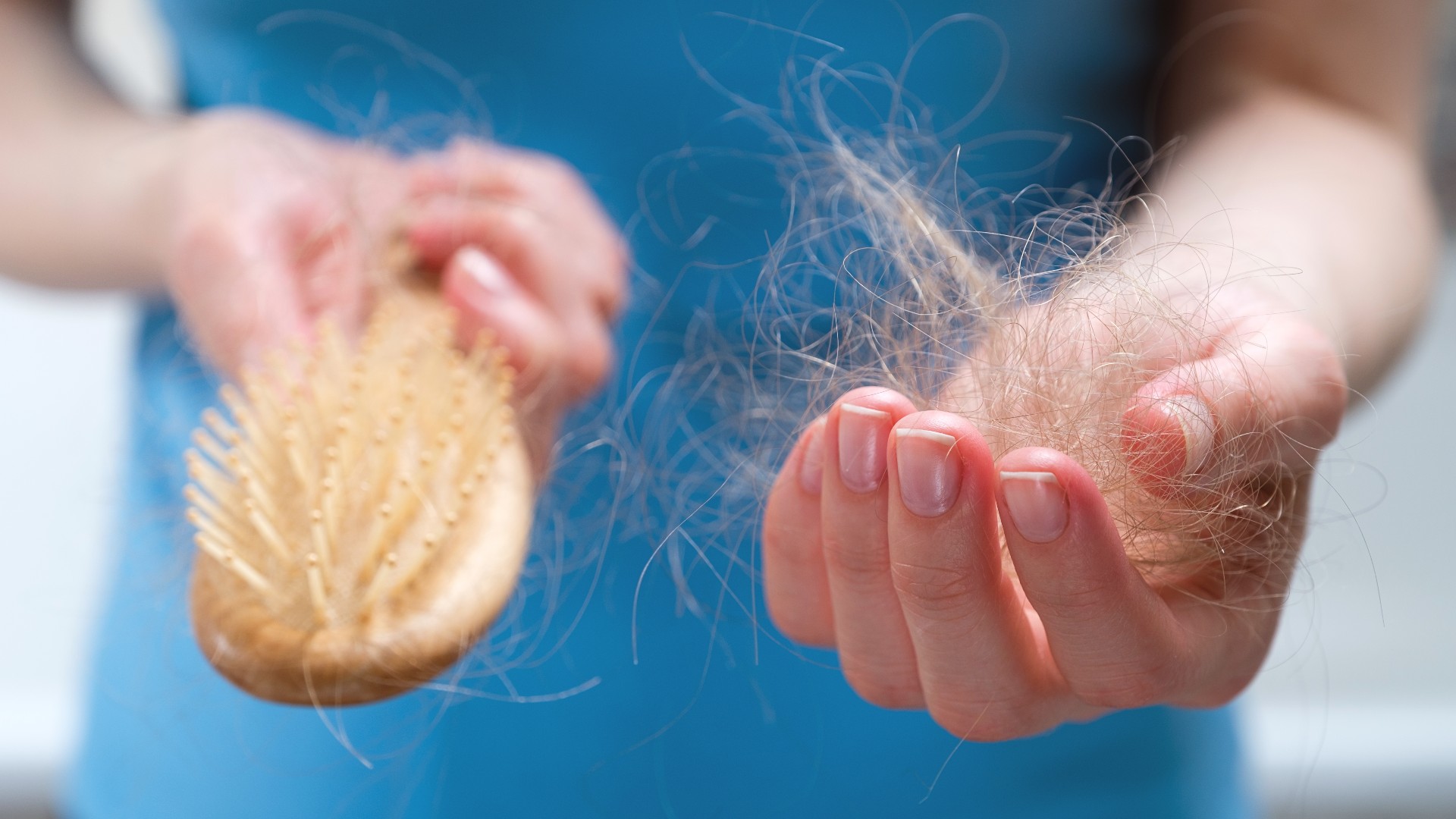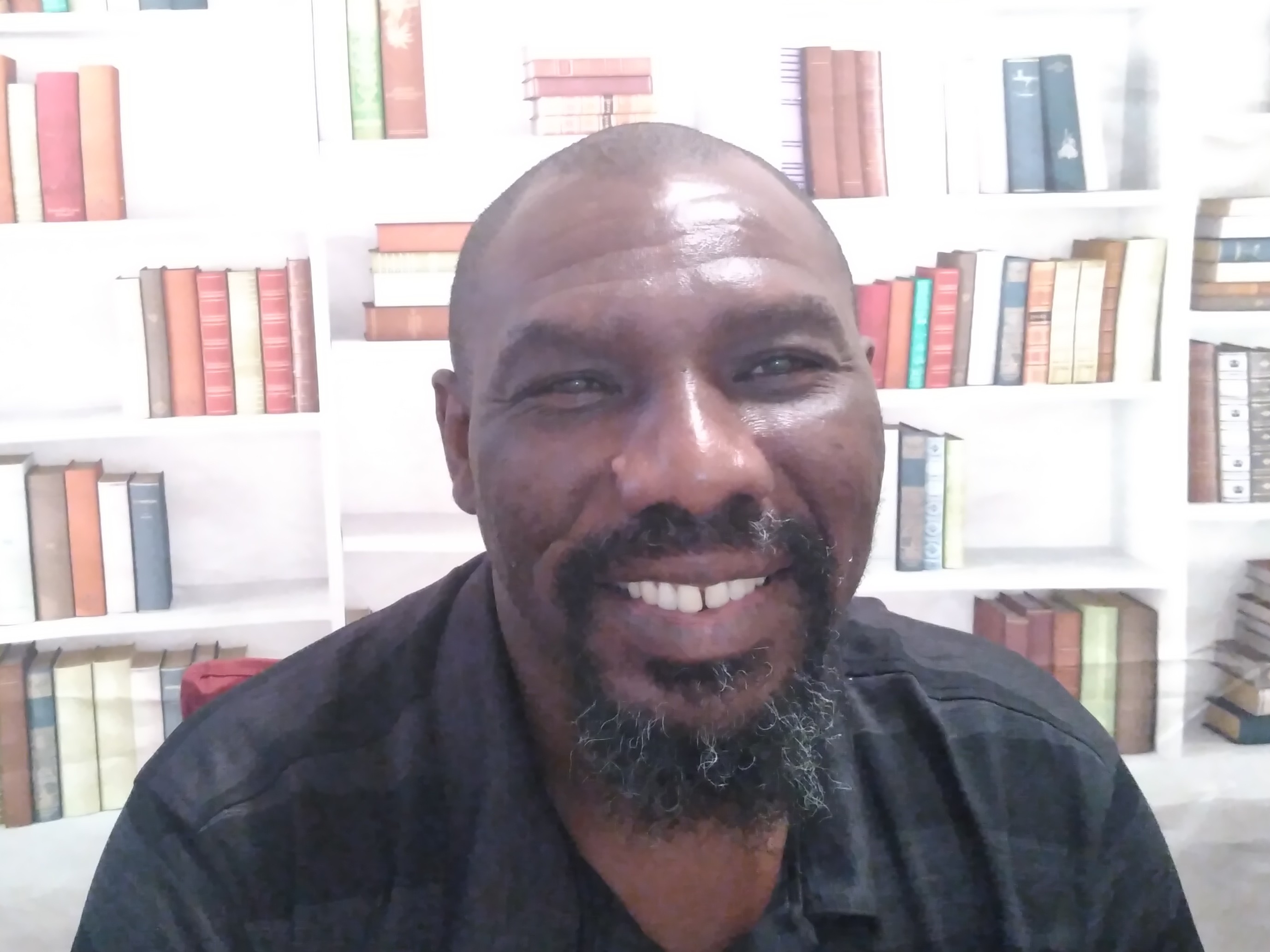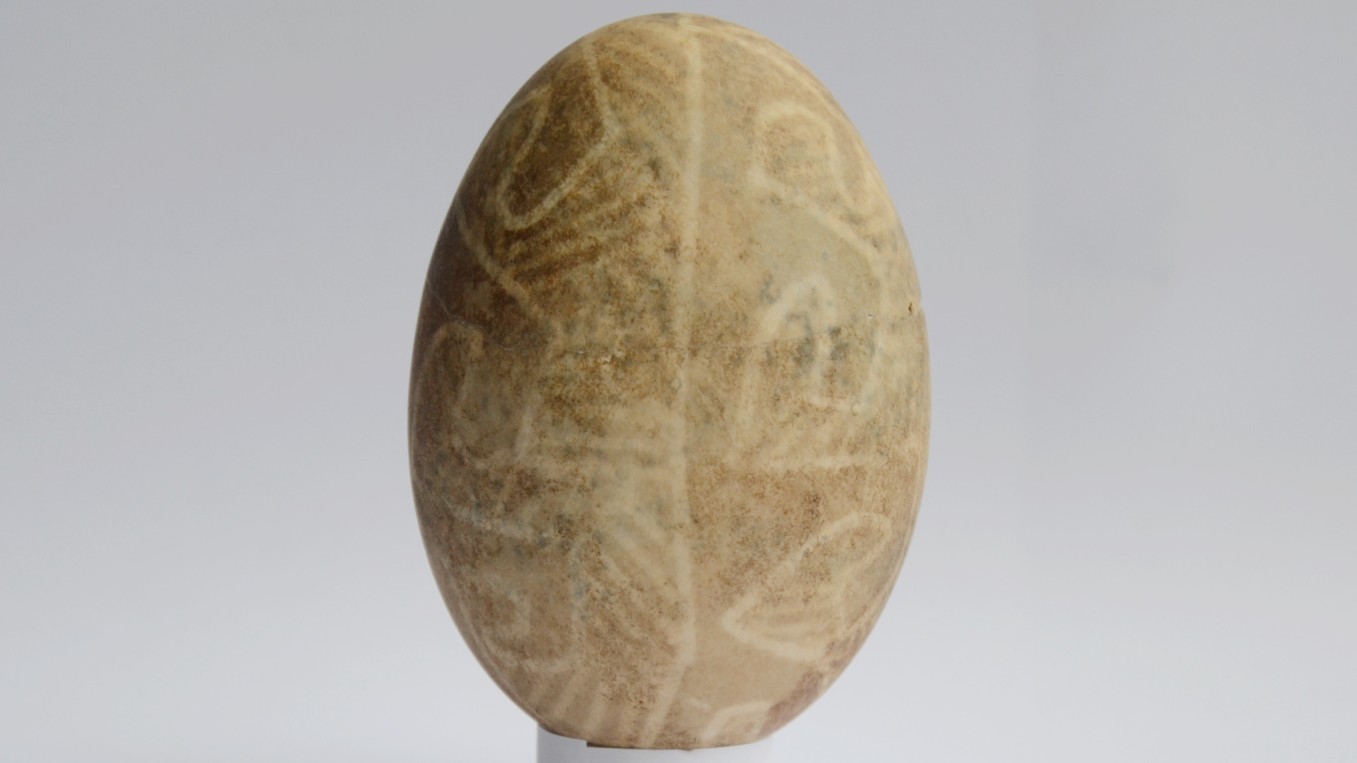Do supplements help hair growth?
New products promoting hair growth, or preventing hair loss, are driving a booming market — but do supplements help hair growth?

Do supplements help hair growth? It’s a question likely to be asked by many, considering the millions of dollars spent by Amercians each year on treatments to prevent hair loss – and even to encourage new growth.
As the market continues to develop, it’s wise to look into the claims that are made by the dizzying variety of products.
Dr. Ross Radusky, a board-certified dermatologist at the Dermatology Treatment and Research Center in Dallas, says that “people always look for one magic pill to solve hair loss” but “the answer is, that there is no magic pill”.
“There is nothing that is going to bring your hair back completely – yet,” he says. “There is obviously more research being done, but hair loss supplements can play an important part in complementing a robust treatment for hair loss.”
Of course, if you are struggling with hair loss, or looking to introduce a new supplement (such as the best multivitamin for women) to your diet, it’s always best to consult your doctor first.
How does diet affect hair loss?
According to Radusky, the North American diet can often be inadequate for hair growth, and a supplement tailored to hair growth can help to bridge the gap.
“We’re missing certain nutrients that we need, like certain B-complexes, D-complexes, zinc, calcium and turmeric, which is an anti-inflammatory supplement,” he says. “So, looking for those ingredients in a hair loss supplement helps. What you’re eating is going to help grow your hair to its fullest.”

Radusky is a Board-Certified Dermatologist and practices general and cosmetic dermatology. His areas of expertise include acne, aging and wrinkles, dry skin, eczema, hair loss, moles and skin cancer screening, psoriasis, scar management, and vitiligo.
He also says to try and think of these nutrients as if they were “Miracle Grow on your soil”, helping to make the view a bit more lush and well-maintained. “You have to give your lawn some fertilizer if you want it to grow healthily,” he says. “It doesn’t address every underlying reason for hair loss but it’s a great start.”

What to look for in a hair loss supplement
According to Radusky, what’s important is that your hair loss supplement avoids high levels of Biotin. “Biotin is unregulated by the Food and Drug Administration (FDA) and certain hair, skin and nail vitamins may have up to 10,000 micrograms of it, which is simply too much,” he says.
According to Radusky, the ideal range is from 1,000 to 3,000 micrograms of Biotin.
“The reason why too much Biotin is bad is that it can interfere with important blood tests for your thyroid and your heart health. Biotin is important but it is by no means the one-trick pony to help growing hair,” he says.
- Related: Can supplements help with weight loss?
- Related: Does collagen help hair growth?
Another ingredient that could be beneficial for hair growth is turmeric, he says. “It has potent anti-inflammatory properties and has been shown to stop the hormonal influences at the level of the hair, and that’s one of the primary reasons that men and women start to experience hair loss as we mature as we get older.”
Again, nutrition plays a major role in maintaining healthy hair and possibly preventing hair loss. Ideally, we should be eating foods that contain all of the essential nutrients the body needs.
“The Mediterranean diet is the one most studied when it comes to making sure that our hair can grow,” says Radusky. “You want to look for fatty fish that contain omega-3 fatty acids, foods that are high in calcium and vitamin D. My encouragement would be to eat a healthy, well-balanced diet that also avoids pro-inflammatory foods, like processed foods, white flours and excessive fats and sugars.”
This article is for informational purposes only and is not meant to offer medical advice.
Sign up for the Live Science daily newsletter now
Get the world’s most fascinating discoveries delivered straight to your inbox.
Nathaniel Lee is a writer, journalist, author and podcaster from Philadelphia, with over 15 years of experience. His work has been published in The Philadelphia Sunday Sun, The Scoop USA, The Public Record, The Westside Weekly, The Metro, The Philadelphia Tribune, The University City Review, The Philadelphia Free Press, and the Southwest Globe Times











